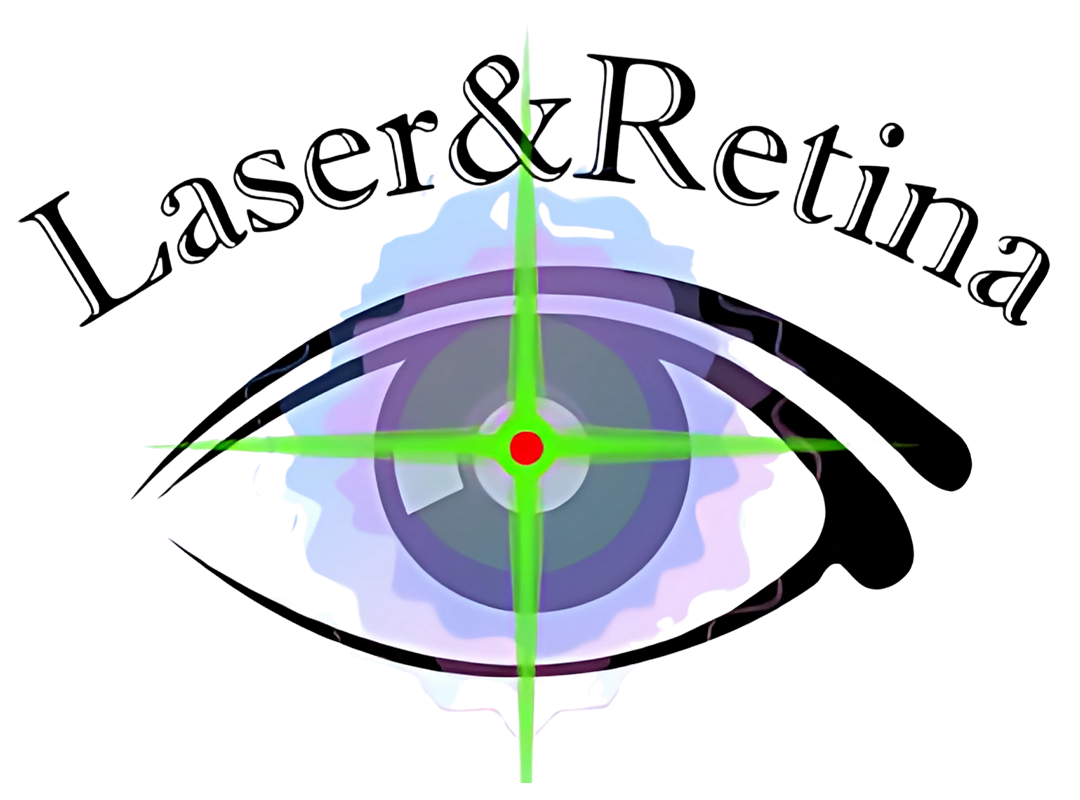Central Serous Retinopathy
Central Serous Retinopathy (CSR)
Central Serous Retinopathy (CSR) is a condition where fluid builds up under the central part of the retina (called the macula), causing blurred or distorted vision. The macula is responsible for your sharp, central vision — so even a small amount of fluid can affect how you see.
CSR is most common in men aged 25 to 50 and is often linked to stress or steroid use.
What Happens in CSR?
In CSR, a layer beneath the retina (the retinal pigment epithelium or RPE) leaks fluid. This fluid collects under the retina, causing it to detach slightly — like a bubble forming under wallpaper.
This detachment distorts vision and can cause a number of visual symptoms.
Symptoms of CSR
CSR usually affects one eye, although it can happen in both. Common symptoms include:
Retinal Care
- Diabetic Retinopathy
- Retinal Detachment
- Retinal Vascular Occlusion
- Central Serous Retinopathy
- Age Related Macular Degeneration
- Macular Hole
- Epiretinal Membrane and Macular Pucker
- ROP
- Uveitis (Iridocyclitis, pars planitis, pan uveitis)
- Vitreo retinal surgery
- Retinal laser
- Intra vitreal injection
- Blurred or hazy central vision
- A dark spot in the center of your vision
- Straight lines appearing bent or distorted (metamorphopsia)
- Objects appearing smaller than they are
- Colors looking dull or washed out
- Difficulty reading or seeing fine detail
Causes and Risk Factors
While the exact cause is unknown, several factors increase the risk:
- Stress (especially chronic or emotional stress)
- Corticosteroid use (oral, nasal sprays, skin creams, etc.)
- Type A personality (high-stress individuals)
- Sleep problems (like sleep apnea)
- High blood pressure
- Caffeine or stimulant overuse
Diagnosis
Your eye doctor will perform:
- Dilated eye exam
- OCT (Optical Coherence Tomography) – to see fluid under the retina
- Fluorescein Angiography – to find the leaking spot in the retina
Treatment Options
In most cases, CSR resolves on its own in 1–3 months without treatment.
Conservative Approach (Most Cases):
- Monitoring only (watchful waiting)
- Managing stress
- Reducing or stopping steroids (if possible)
Active Treatment (for chronic or recurrent cases):
- Laser treatment – to seal the leak
- Photodynamic therapy (PDT) – using a light-activated drug to treat leakage
- Oral medications – sometimes used off-label (like eplerenone or spironolactone)
How to Prevent Recurrence
- Manage stress effectively
- Avoid or minimize steroid medications unless necessary
- Get adequate sleep
- Limit stimulants like caffeine and nicotine
- Regular eye exams to catch any new changes early
Frequently Asked Questions
Most people do — especially after a first episode. Vision usually returns to normal, although some may notice slight distortion or reduced sharpness.
Yes, in rare cases or if CSR keeps coming back. Chronic CSR can cause permanent damage to the retina.
Total blindness is extremely rare, but untreated chronic CSR can reduce central vision.
No. However, stress and poor sleep (often caused by screen use) may indirectly contribute.
Patient Guide Download
Want to read more? Download this trusted guide from the National Eye Institute:
Central Serous Retinopathy
Retinal Angiography
Dilating Eyedrops
Retinal Care
- Diabetic Retinopathy
- Retinal Detachment
- Retinal Vascular Occlusion
- Central Serous Retinopathy
- Age Related Macular Degeneration
- Macular Hole
- Epiretinal Membrane and Macular Pucker
- ROP
- Uveitis (Iridocyclitis, pars planitis, pan uveitis)
- Vitreo retinal surgery
- Retinal laser
- Intra vitreal injection
